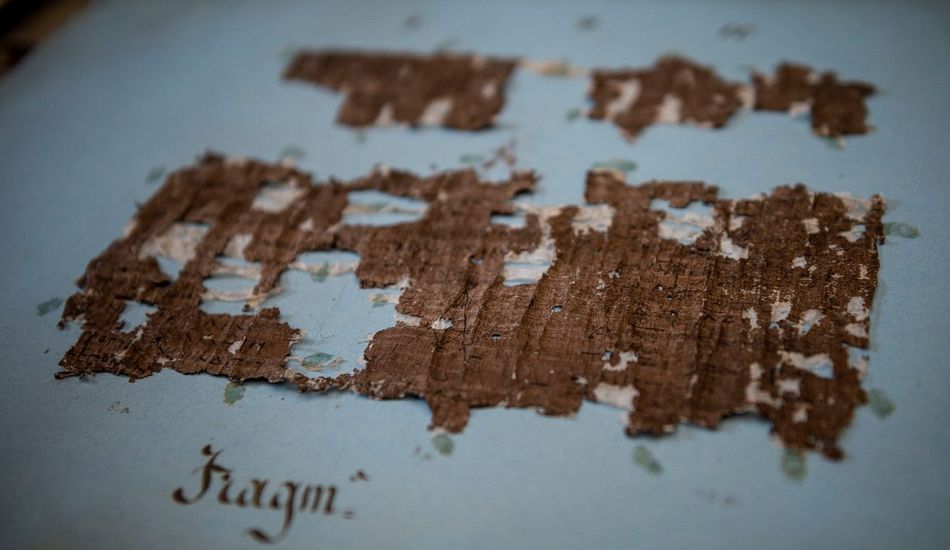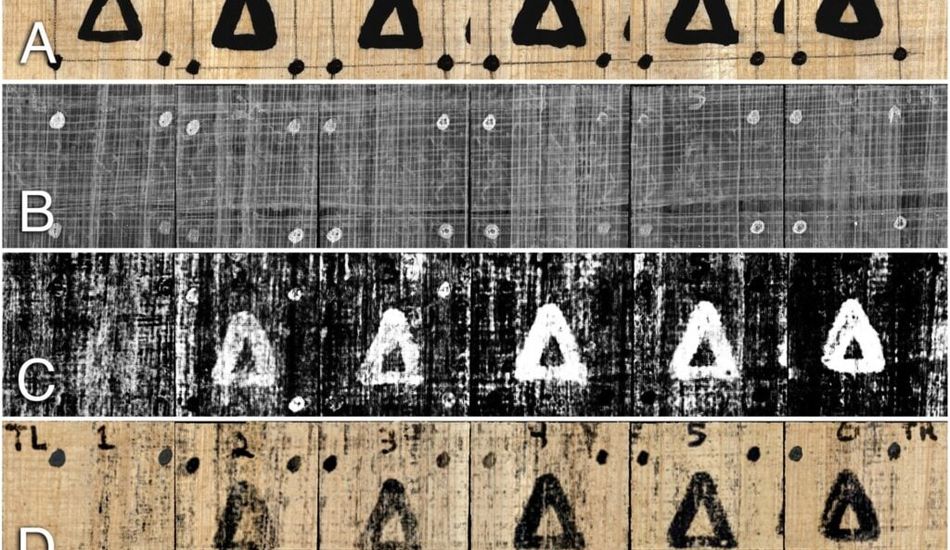
AI Unveils 2000-Year-Old Scroll's Secrets
For the first time, researchers have successfully identified the author and title of a charred scroll from Herculaneum, a Roman city destroyed by Mount Vesuvius in 79 CE, without physically unwrapping it. The scroll, PHerc. 172, housed in Oxford's Bodleian Libraries, was virtually "unrolled" using advanced imaging techniques and machine learning.
A Technological Breakthrough
High-resolution scans, coupled with sophisticated algorithms, allowed scholars to decipher the text, revealing its title: On Vices, by the Epicurean philosopher Philodemus. This treatise, exploring virtuous living by avoiding vice, offers a rare glimpse into ancient self-help philosophy. The AI-powered approach avoids the risks of damaging these fragile artifacts through traditional methods.
The success builds upon prior advancements. A pivotal moment arrived in 2015 with the use of X-ray tomography to decipher an ancient scroll from En-Gedi, which created a 3D scan for virtual unwrapping. The development of the Volume Cartographer, a program using micro-CT imaging to detect ink traces on scrolls, was another crucial step. Neural networks were trained to recognize subtle patterns of carbon-based ink, a challenge due to the ink's non-metallic composition.
The Vesuvius Challenge and Future Implications
The achievement is a result of the Vesuvius Challenge, an open-science competition that incentivizes the application of AI to decipher ancient texts. This initiative has already yielded significant rewards, showcasing the power of crowdsourced innovation and AI-driven solutions. The ongoing challenge continues to push technological boundaries, with further prizes offered for deciphering more text and refining the process. While AI plays a critical role, human expertise remains essential in interpreting the patterns identified by the algorithms, ensuring accuracy and contextual understanding.
The ability to digitally unwrap ancient scrolls without causing damage opens vast possibilities for preserving and studying our past. This technology not only recovers lost philosophical texts, potentially including works by Epicurus, but also promises a scalable solution for digitizing and decoding other ancient texts, potentially transforming our comprehension of the classical world.
1 Image of AI, Ancient Scroll:


Source: Gizmodo